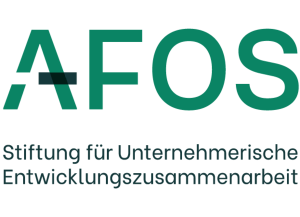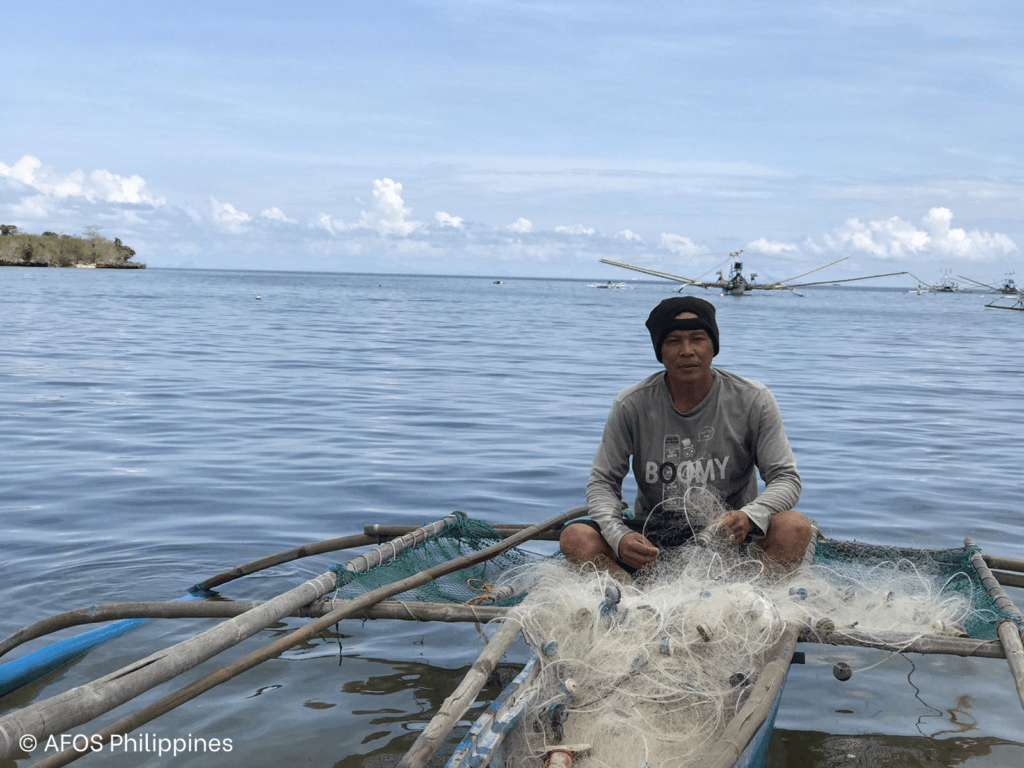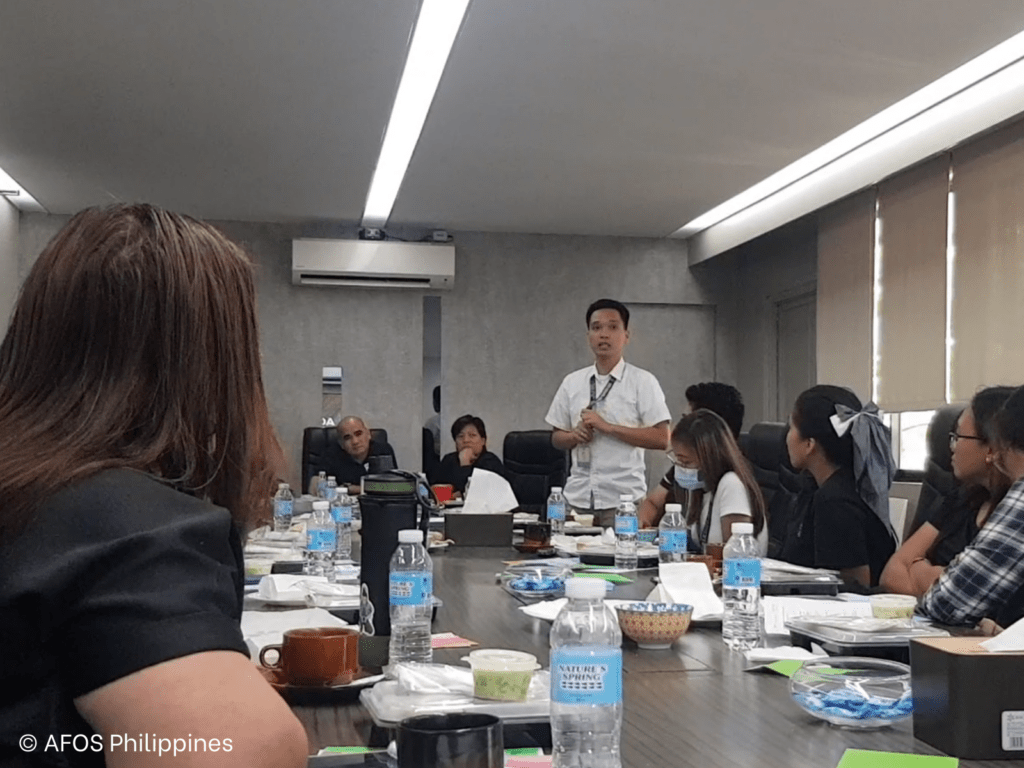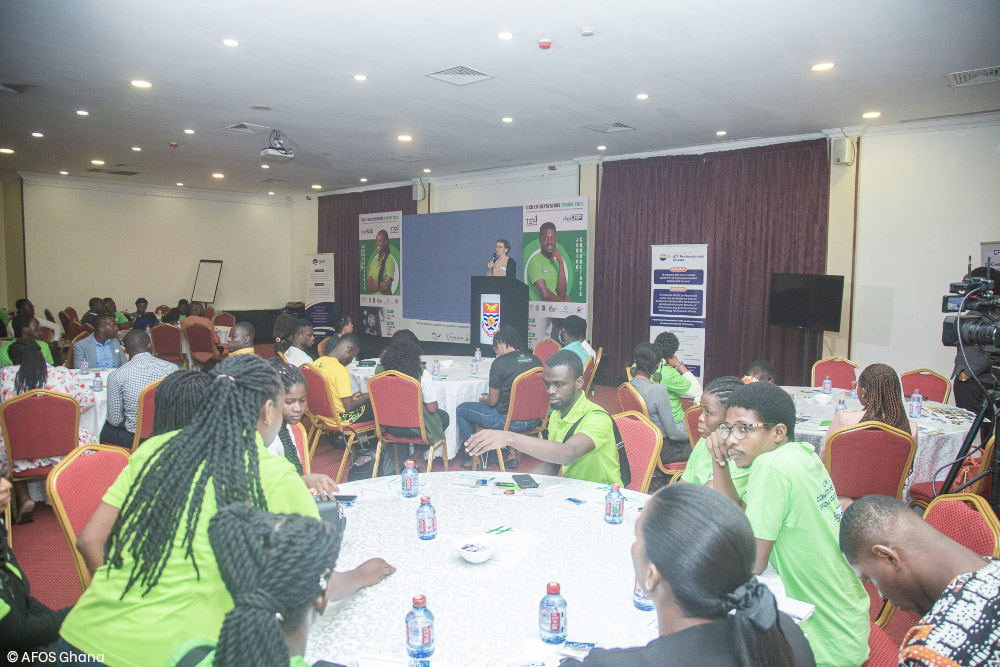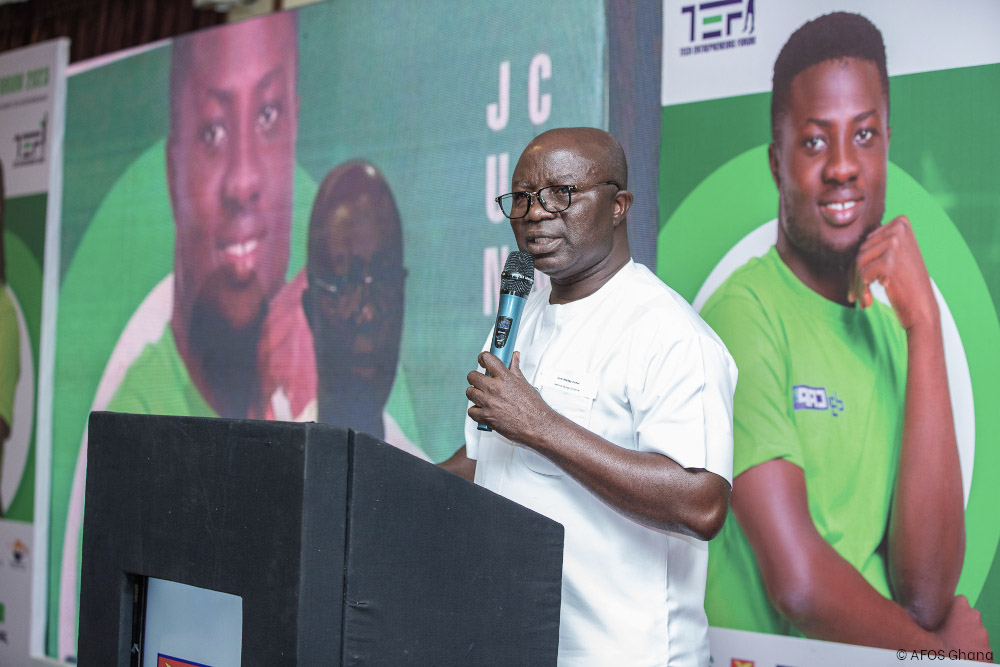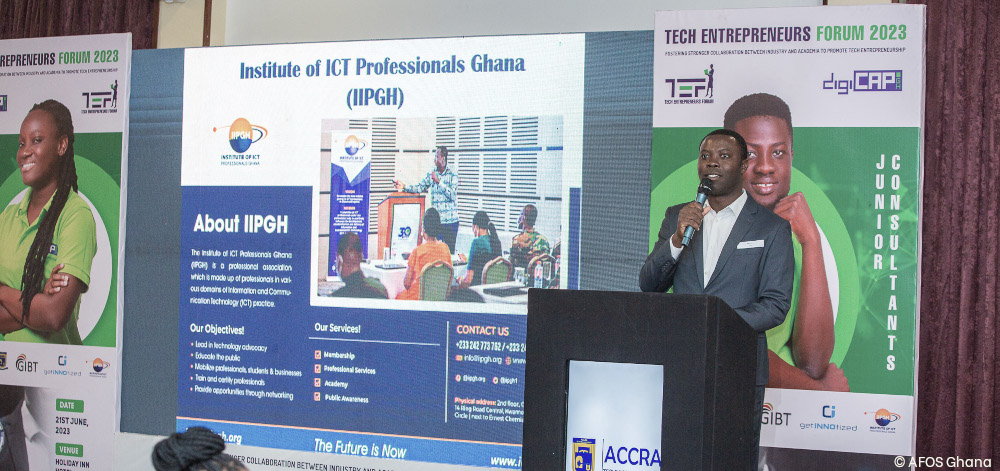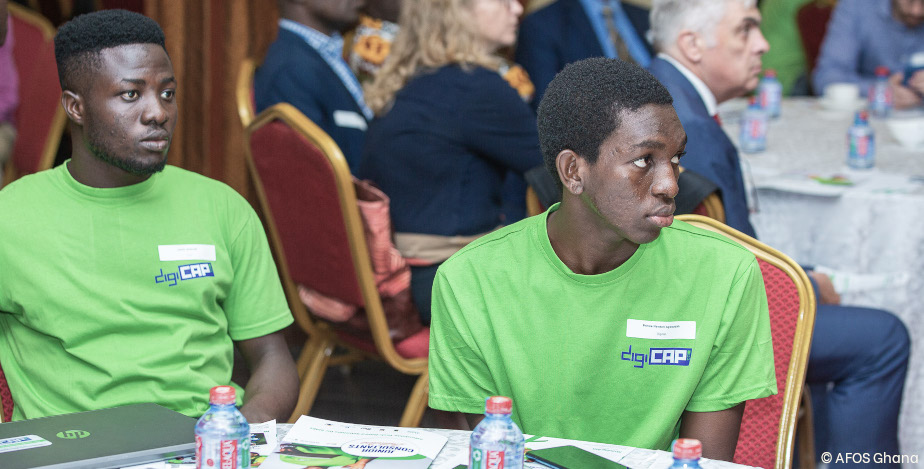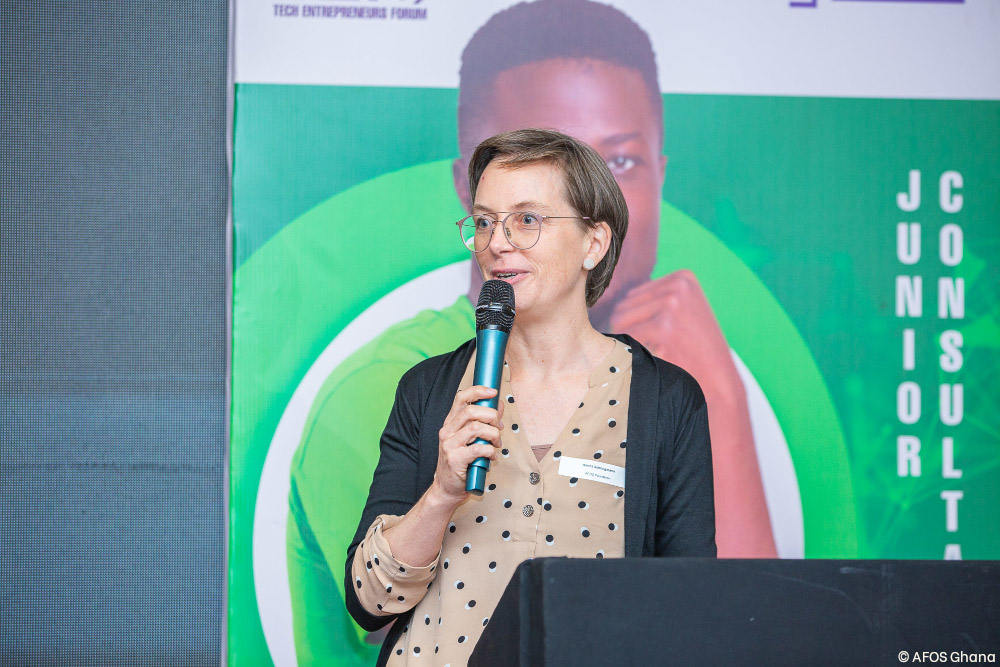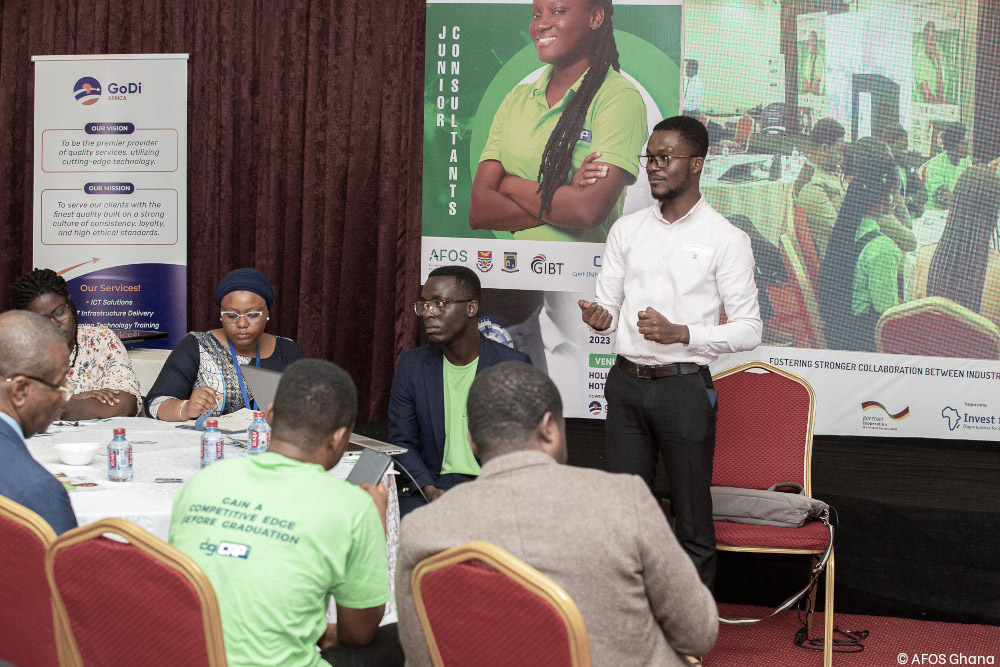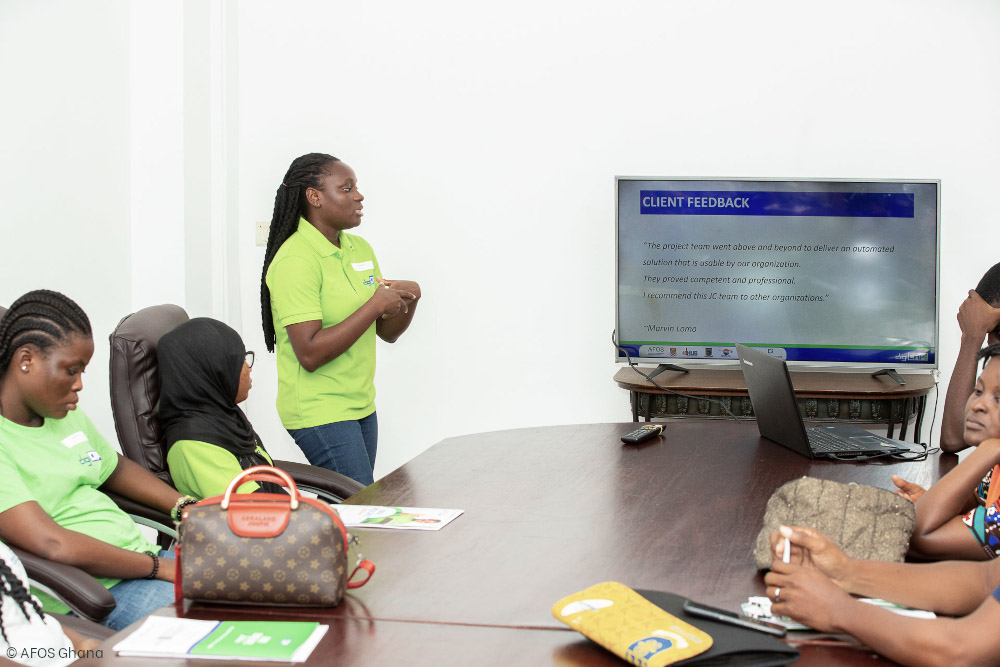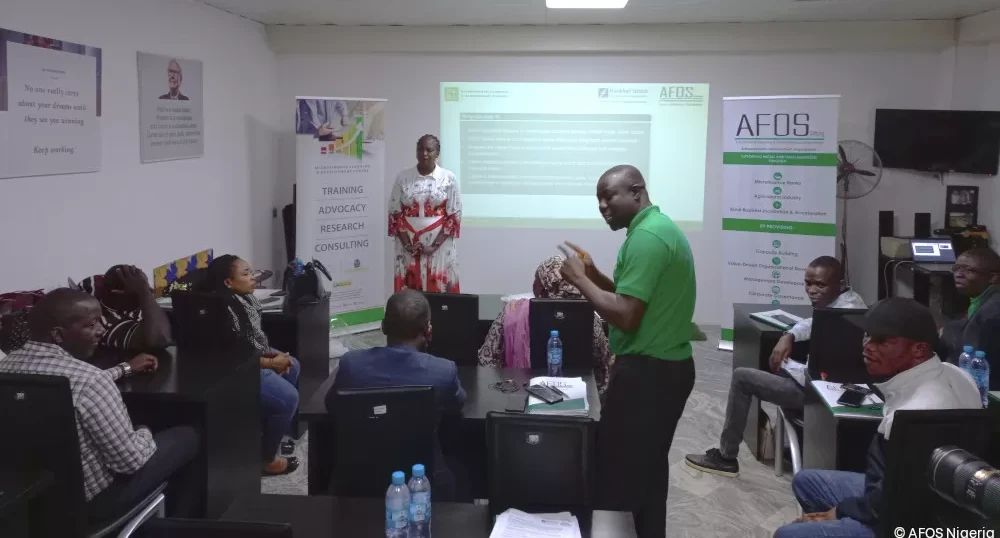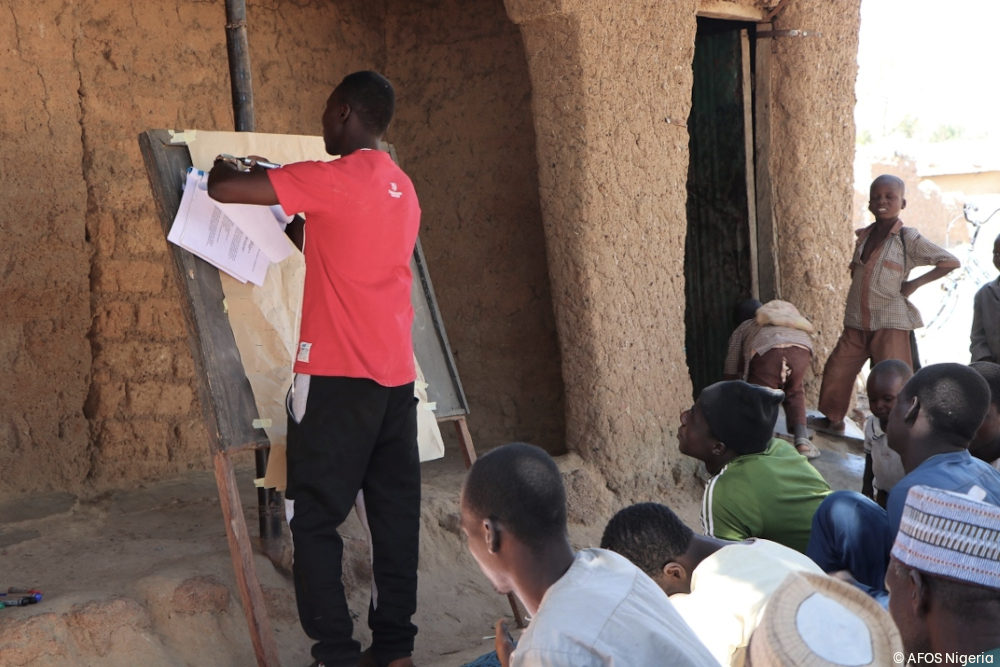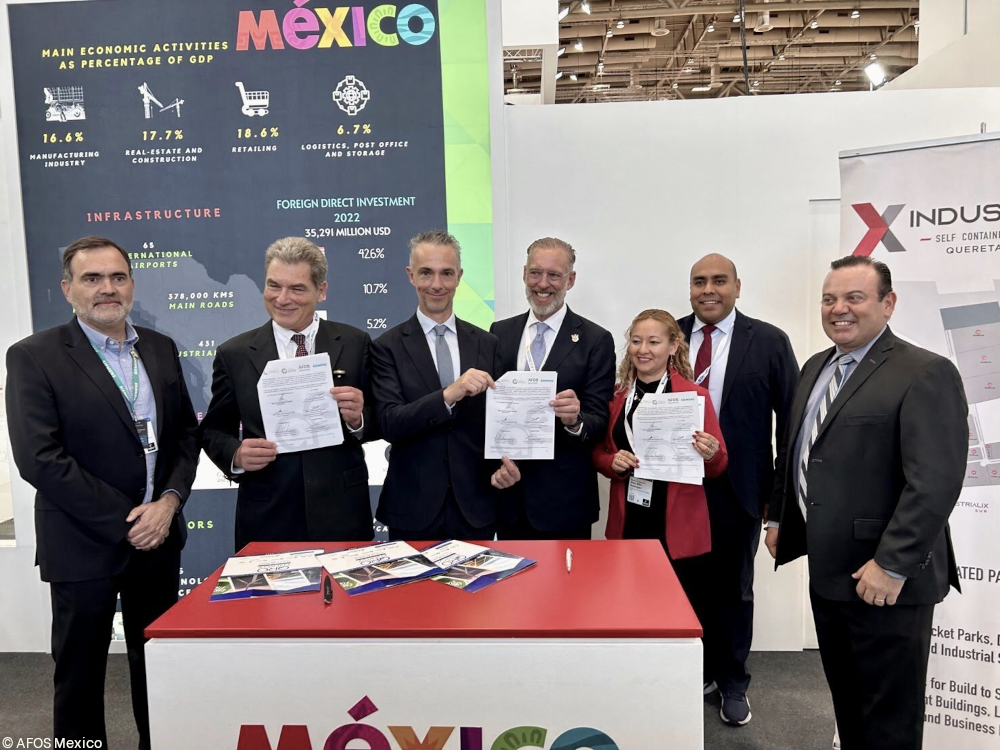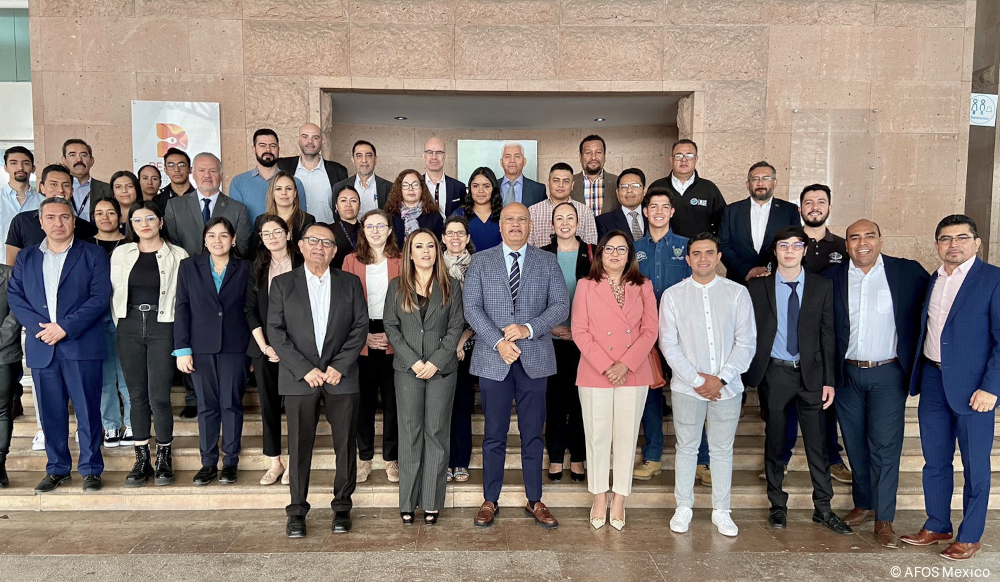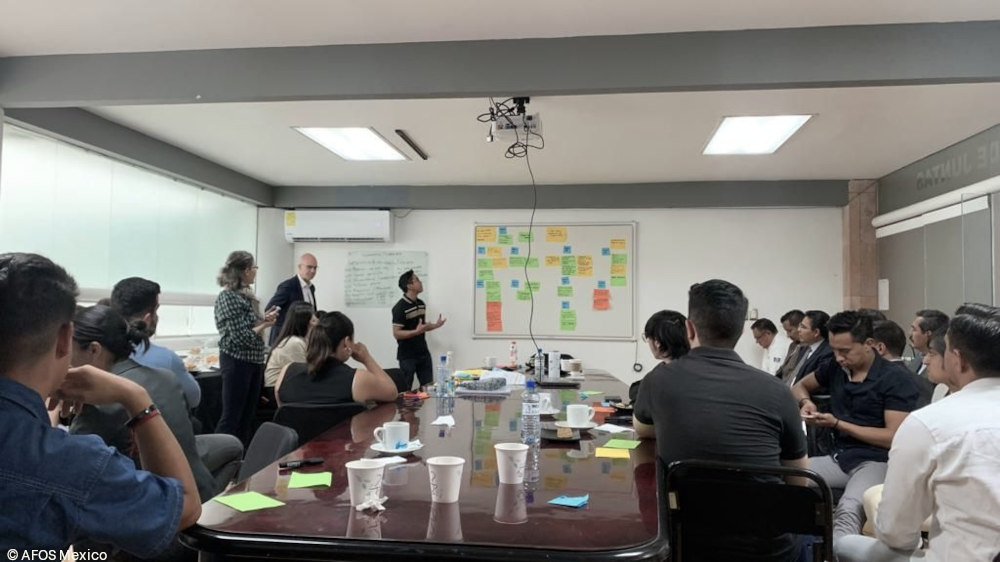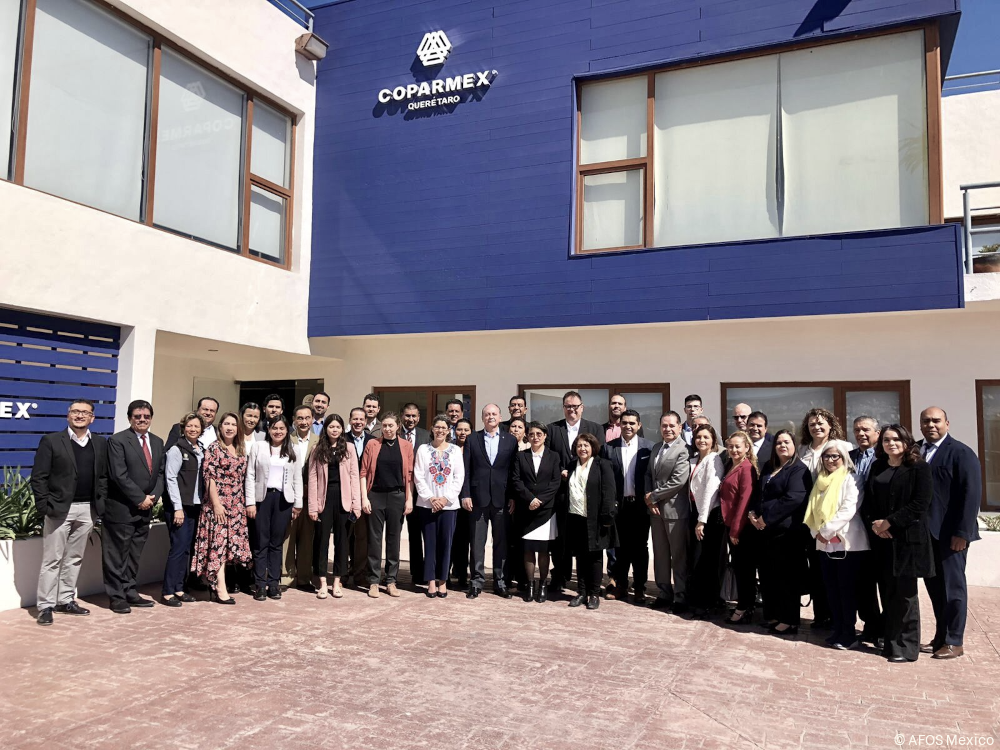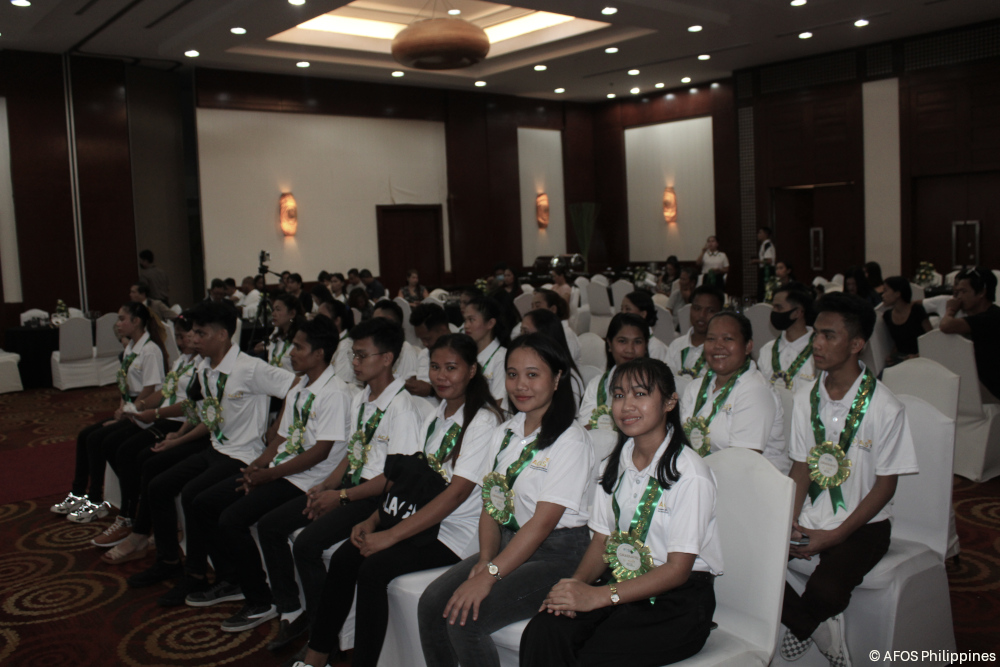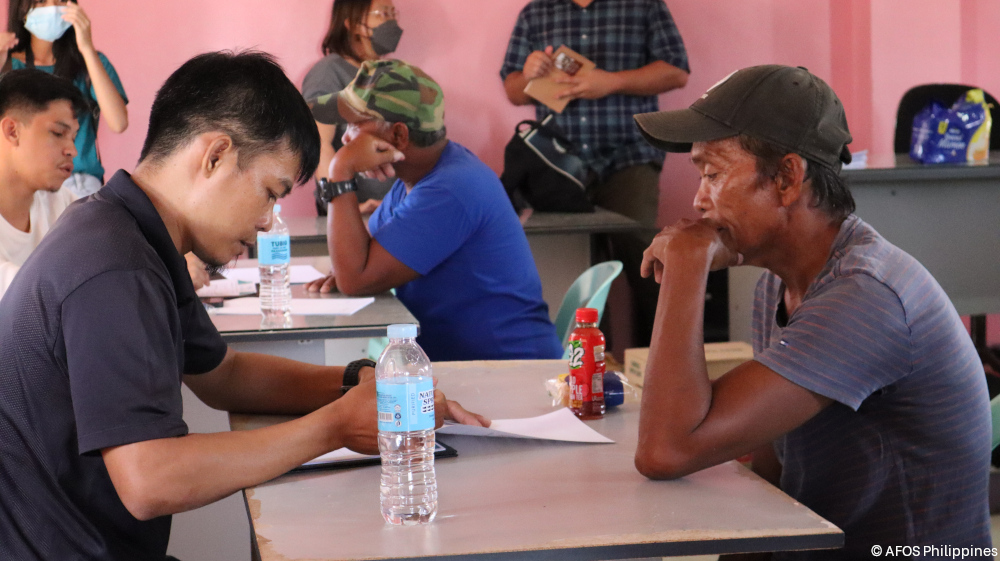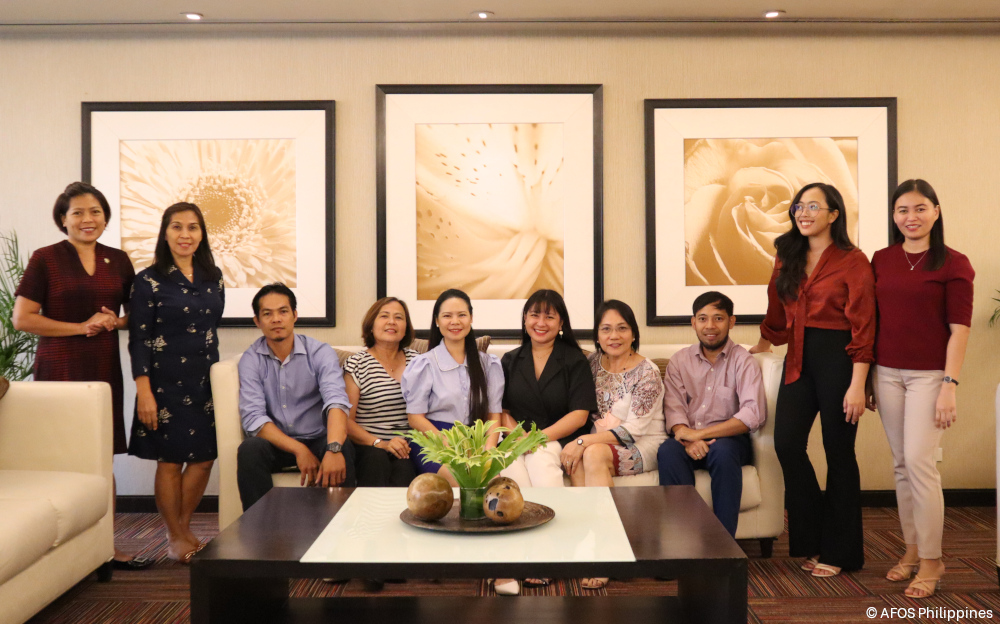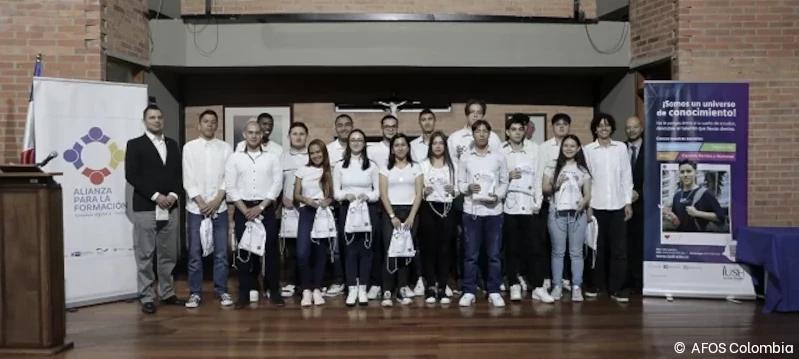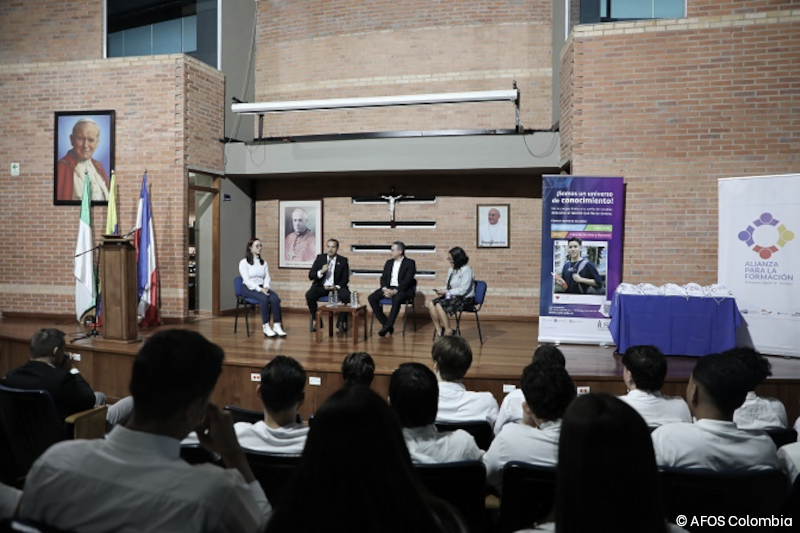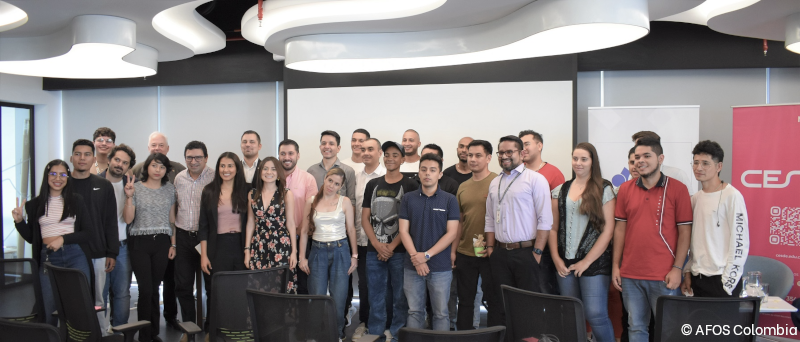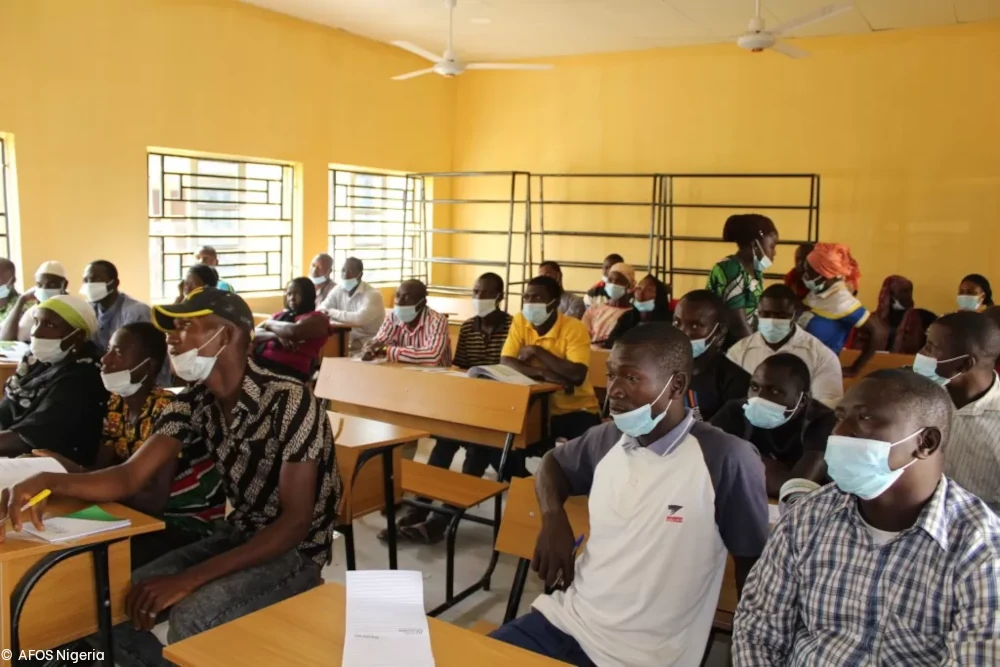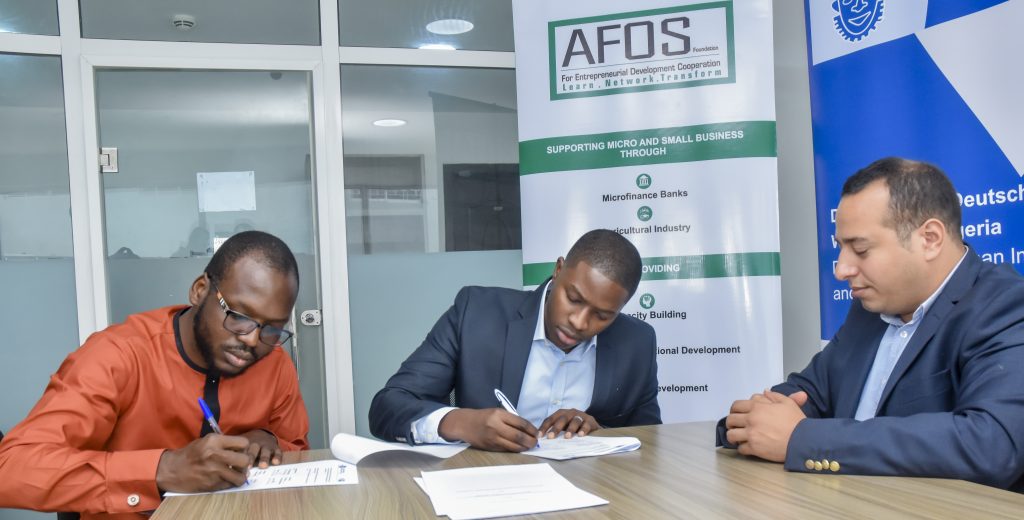In Zimbabwe, our Organic4Zim project shows how climate protection and economic development go hand in hand.
Together with the Organic Farming Academy and the German start-up Carbon Connect , we are focusing on a sustainable solution: We produce biochar from crop residues and show how biochar can work as a driver for climate protection and jobs.
Three production facilities and 24 jobs
We have already set up three production facilities in Mudzi, Rushinga and Birchenough Bridge. 24 people work there – especially women and young people – and earn their income by producing biochar from agricultural residues such as baobab shells.
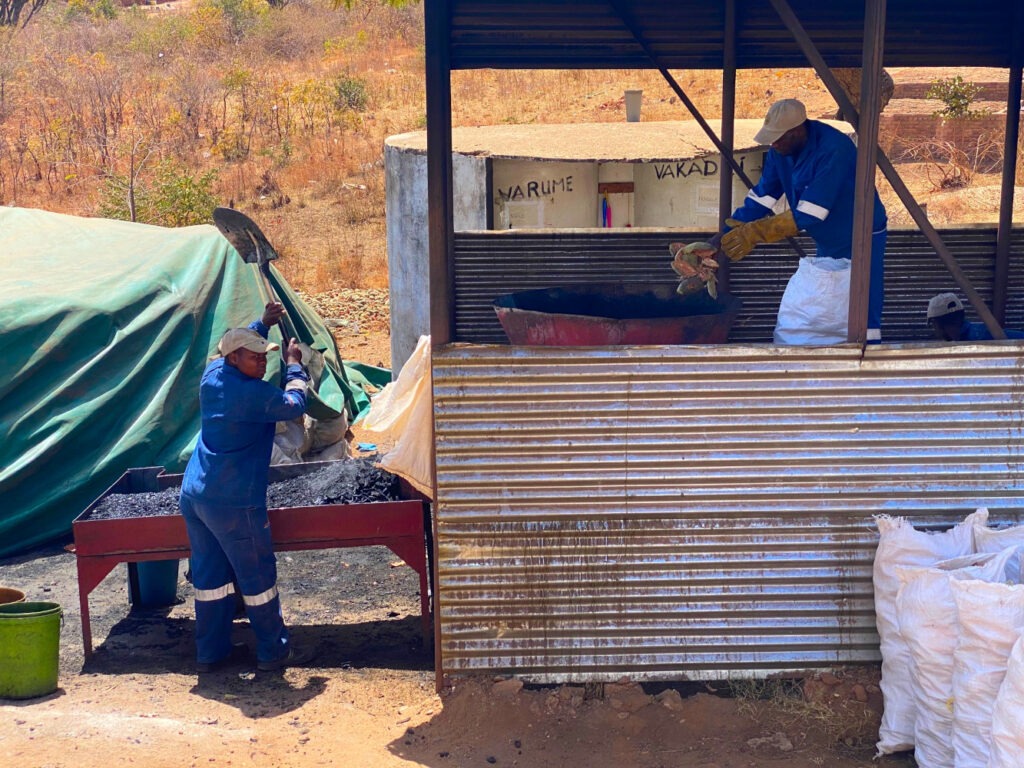
“I am proud to be part of this initiative. Especially as a woman who is severely affected by climate change, this opportunity means a lot to me – it allows me to feed my family.”
Nomatter Mutsvanga, Employee at Birchenough Bridge
Biochar: A key to the circular economy and climate protection
Instead of burning crop residues, we convert them into valuable biochar in an energy-efficient and low-emission way and train farming families in their sustainable use. In combination with compost, it improves soil quality, stores water and nutrients and also binds CO₂ for centuries. This strengthens agriculture and actively reduces CO₂ emissions.
In addition, this standardized process creates carbon credits, which our partner Carbon Connect markets on the voluntary carbon market. The proceeds flow back to the Organic Farming Academy, which can thus train even more farmers in sustainable farming methods.
Our contribution at a glance
- Strengthening the circular economy – biochar production promotes local value creation and connects farms with farming families.
- Imparting knowledge & increasing productivity – Training improves soil fertility, increases crop yields and thus strengthens food security and income.
- Generating CO₂ certificates – The sale of the certificates finances further training programs for sustainable agriculture.
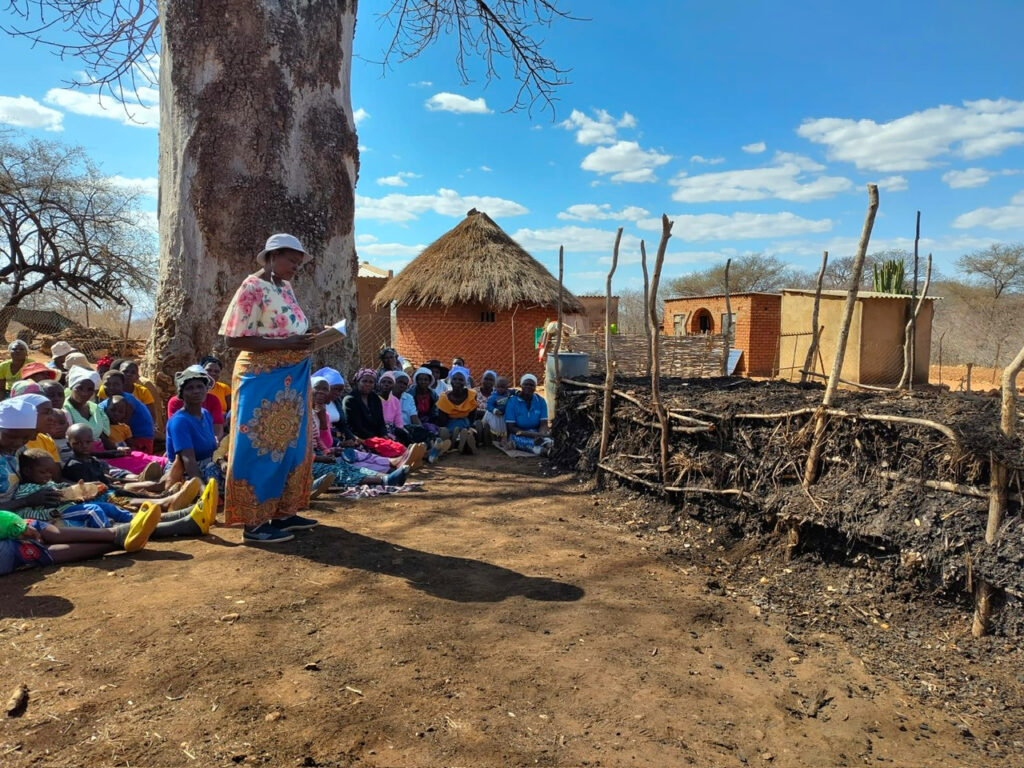
Our successes
- We have set up three production plants for the production of biochar.
- We produced 343 tonnes of biochar and bound 878 tonnes of CO2 .
- We have created 24 new jobs in rural areas.
This project shows how climate protection can act as a job engine and at the same time master social and ecological challenges. A sustainable approach for a better future!
